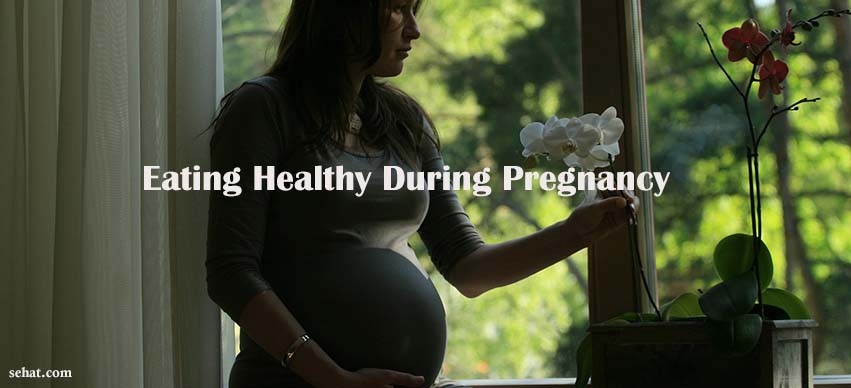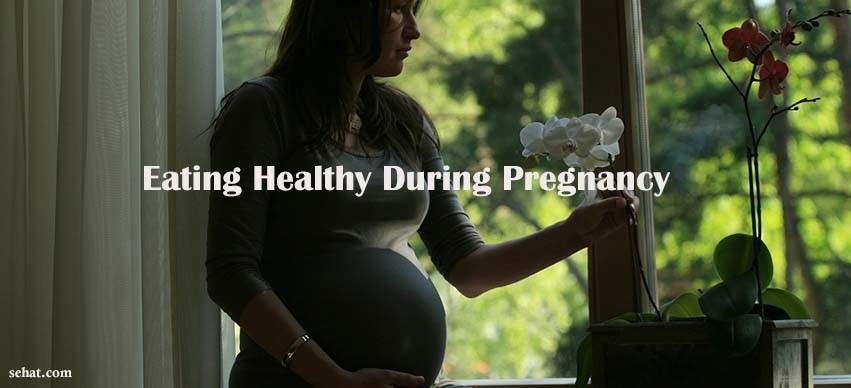Miscarriage In Early Pregnany- Signs, Causes, And Tips To Prevent
6 Min Read


Milk and dairy products: skimmed milk, yogurt, buttermilk, paneer. These foods are high in calcium, protein and Vitamin B-12. Talk to your doctor about what to eat if you are lactose intollerant.
Cereals, whole grains, daals, pulses and nuts: these are good sources of protein if you do not eat meat. Vegetarians need about 45 grams of nuts and 2/3 of a cup of legumes for protein each day. One egg, 14 grams of nuts, or ¼ cup of legumes is considered equivalent to roughly 28 grams of meat, poultry, or fish.
Vegetables and fruits: these provide vitamins, minerals and fibre.
Meat, fish and poultry: these provide concentrated proteins.
Fluids: Drink lots of fluids, especially water and fresh fruit juices. Make sure you drink clean, filtered water. Carry your own water when out of the house, or buy bottled water from a reputed brand. Most diseases are caused by waterborne viruses. Go easy on packaged juices as they have a very high sugar content.
Fats and oils: Ghee, butter, coconut milk and oil are high in saturated fats, which are not very healthy. Vanaspati and Dalda are both high in trans fats, which are as bad for you as saturated fats. A better source of fat is vegetable oils because these contain more unsaturated fat.
Even though everyone will advise you to eat for two, the average woman does not need any extra calories during the first six months of pregnancy. Your body actually becomes more efficient at extracting the required energy and nutrients from your diet when you're expecting a baby. Even in the last few months, you only need about 200 extra calories per day. Your own appetite is the best indication of how much food you need to eat and you may find it fluctuating during the course of your pregnancy.
In the first few weeks you may not feel like eating proper meals, especially if you suffer from nausea or sickness. Try then to eat smaller but more frequent meals throughout the day. During the middle part of your pregnancy your appetite may come back. You may be hungry and feel like eating more than usual. Towards the end of your pregnancy your appetite will probably increase. If you suffer from acidity, heartburn or a full feeling after eating you may find it helpful to have small frequent meals. The best rule is to eat when you are hungry and to choose healthy food rather than calorie-rich dishes with little nutritive value.
Unpasteurised milk (buffalo or cow's milk) may contain listeria.
Raw or undercooked meat, poultry, and eggs. These can contain harmful bacteria. Cook all meat until there are no pink bits left. Fully cook your eggs till they are hard.
Raw seafood, such as oysters or uncooked sushi.
Large predator fish, such as shark or swordfish as it may contain unsafe levels of mercury. These fish absorb the mercury from contaminated water. The mercury binds tightly to the proteins in fish muscle and remains there even after the fish is cooked.
Processed or canned fish is often preserved in saline (salt solution), which may lead to water retention. Drain canned fish well, and have processed fish only occasionally.
Alcoholic drinks. Drinking too much alcohol can cause physical defects, learning disabilities, and emotional problems in children, so many experts recommend that you give up alcohol while you are pregnant.
Cut down on caffeine. Drinking more than 300mg of caffeine a day increases the risk of miscarriage and low birth weight. Have no more than two mugs of instant coffee, or three cups of tea, or two cans of cola per day.